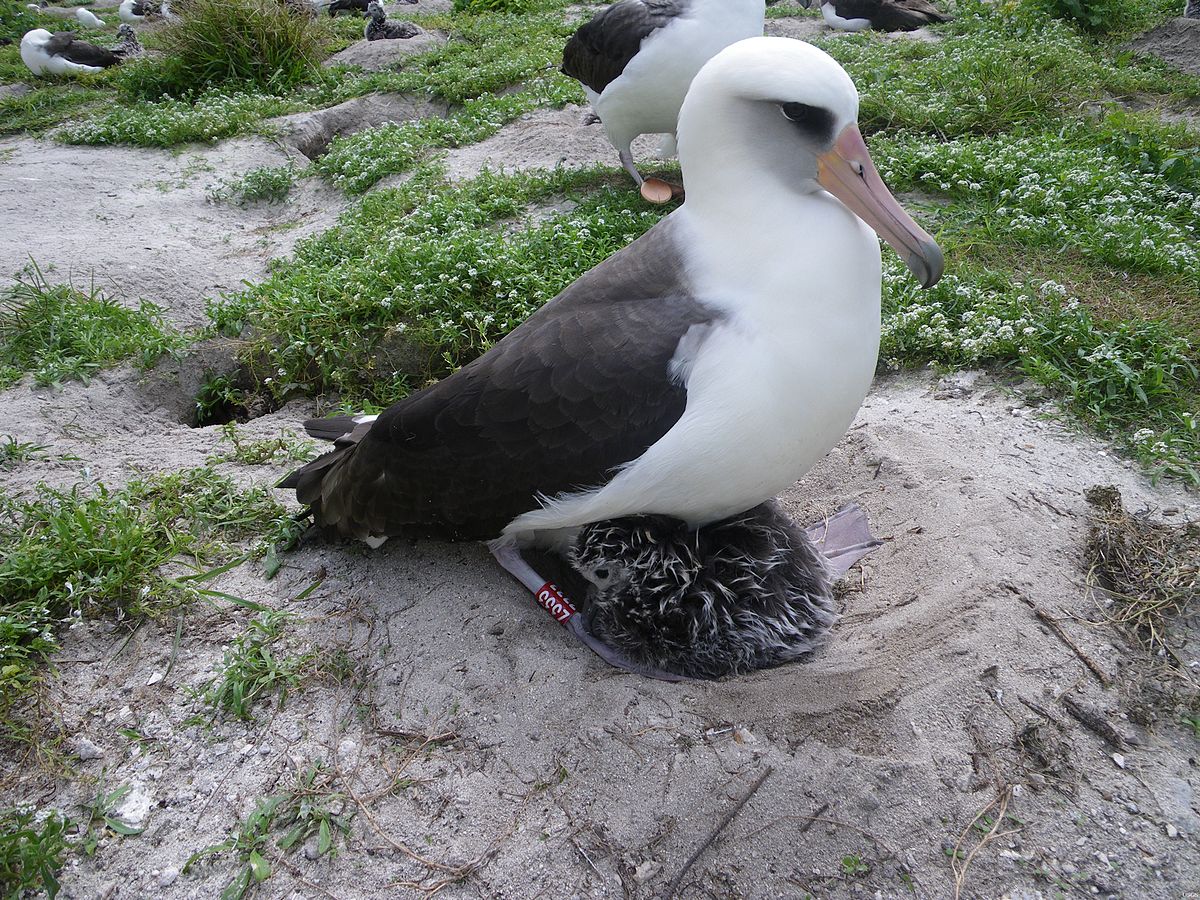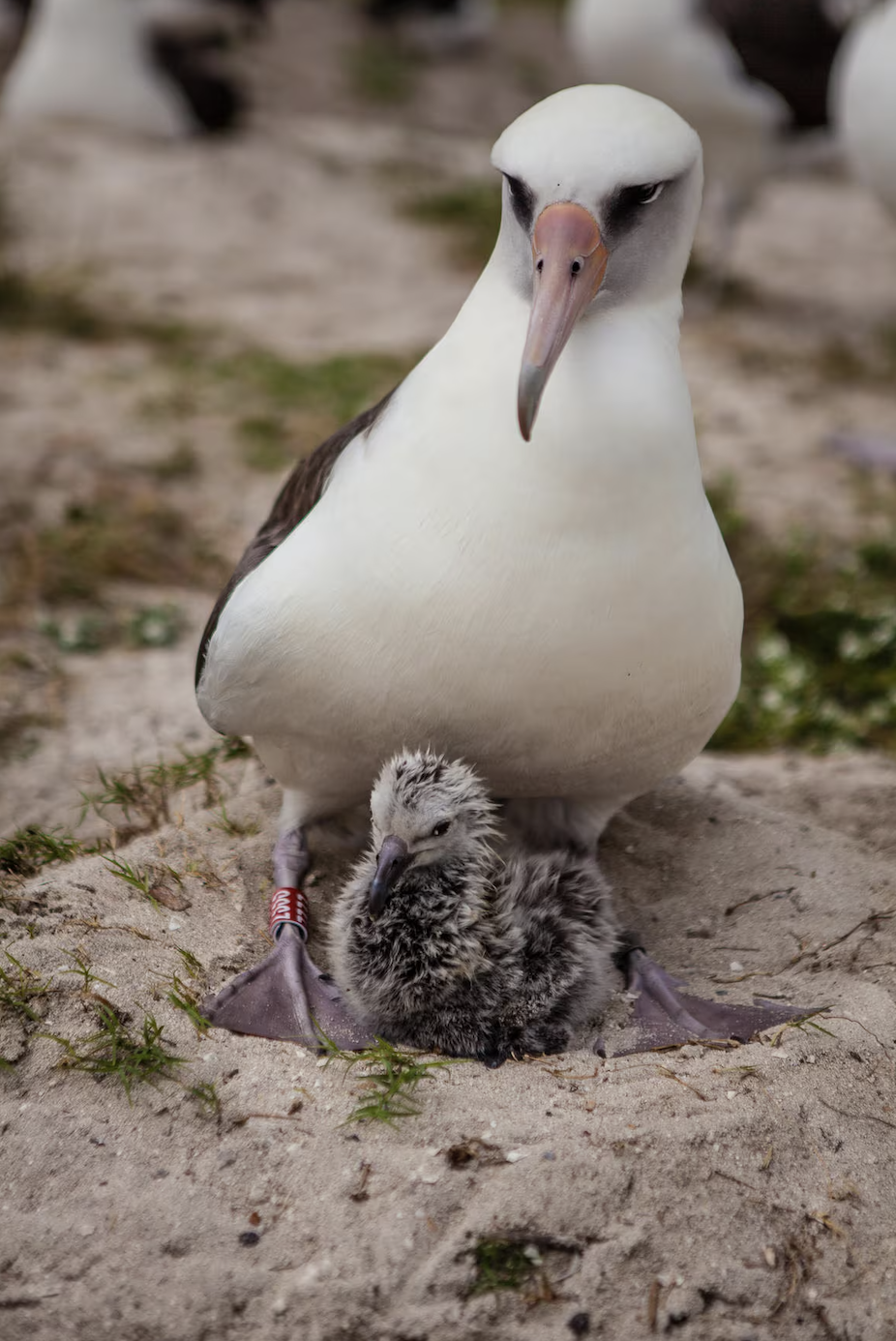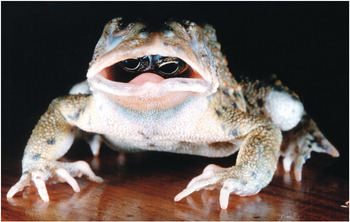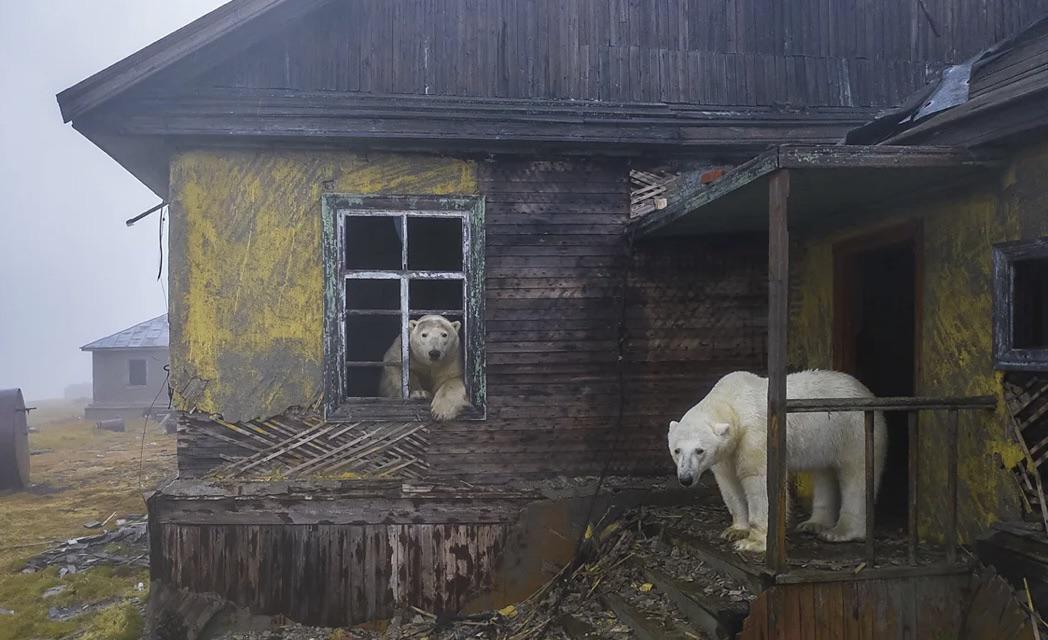Soaring above the vast Pacific Ocean is a remarkable creature whose life story has captivated scientists and nature enthusiasts worldwide. This is Wisdom, a Laysan albatross who, at an estimated 74 years of age, holds the distinction of being the oldest known wild bird in the world. Her extraordinary longevity and continued reproductive success challenge our understanding of avian biology and offer inspiring lessons about resilience in the face of a changing world.
First banded by biologist Chandler Robbins in 1956 on Midway Atoll, a remote wildlife refuge in the North Pacific, Wisdom was already a mature nesting bird at that time. Scientists estimate she was at least 5 years old then—the minimum breeding age for her species—placing her birth sometime around 1951. Since that initial encounter, Wisdom has had her identification band replaced six times as she has outlived both the durability of the bands and many of the scientists who have studied her.
What makes Wisdom’s story particularly remarkable is not just her longevity but her continued reproductive success at an advanced age. Most seabirds show declining fertility as they age, but Wisdom defies this pattern. Her most recent chick hatched on January 30, 2025, adding another chapter to her extraordinary biological legacy.
“Wisdom continues to rewrite the book on bird longevity,” explains Dr. Beth Flint, a wildlife biologist with the U.S. Fish and Wildlife Service. “To see a bird returning to the same nesting site for decade after decade while maintaining her ability to produce viable offspring simply astounds us. It’s causing us to rethink our understanding of senescence in wild birds.”
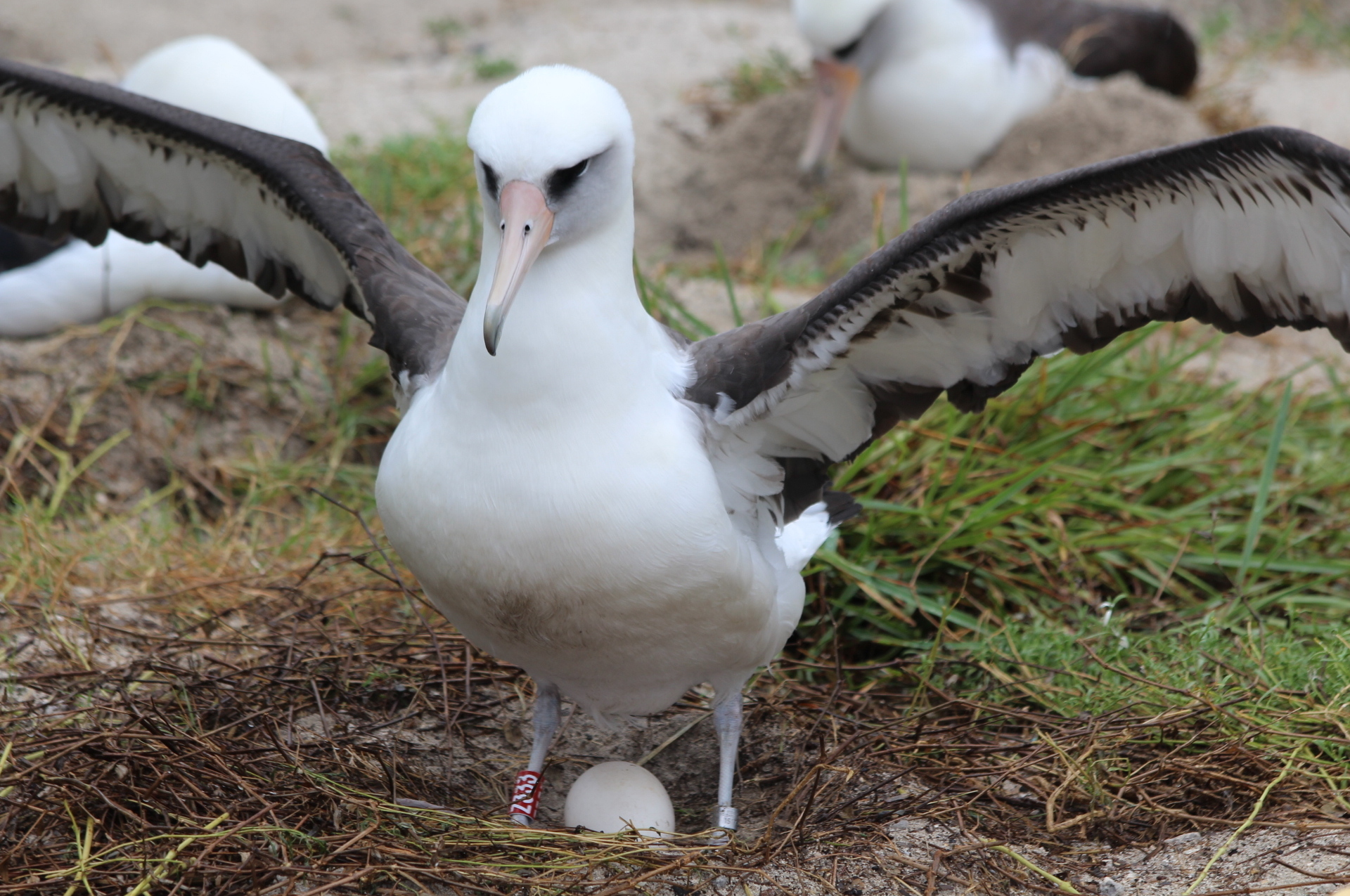
The life of a Laysan albatross is one defined by movement. These majestic seabirds spend about 90% of their lives in flight, coming to land only to breed and raise their young. With a wingspan approaching seven feet, they are perfectly adapted for soaring on ocean winds, traveling thousands of miles with minimal effort.
Conservative estimates suggest that in her lifetime, Wisdom has flown over 3 million miles—equivalent to six round trips to the moon or about 120 circumnavigations of the Earth. During these journeys, she has endured countless storms, navigated changing ocean conditions, and adapted to shifts in food availability as marine ecosystems have altered due to climate change.
“The tracking data we have from banded albatrosses gives us incredible insights into their migration patterns,” notes oceanographer Dr. Martin Wikelski. “These birds are essentially living weather stations, experiencing firsthand the changing conditions of our oceans and atmosphere. Wisdom has been collecting this ‘data’ longer than any other known bird.”
Wisdom’s life spans a period of dramatic environmental change. She has survived numerous natural disasters, including the devastating 2011 tsunami that swept through her nesting grounds on Midway Atoll following the Tōhoku earthquake in Japan. That event washed away an estimated 110,000 albatross chicks and 2,000 adult birds. Yet Wisdom and her then-mate Akeakamai both returned to successfully nest the following season.
She has also witnessed—and survived—the growing threat of plastic pollution in our oceans. Albatrosses are particularly vulnerable to ingesting plastic debris, which they mistake for food and sometimes feed to their chicks with deadly consequences. The fact that Wisdom has navigated these mounting threats for seven decades speaks to both her individual resilience and adaptability.
Scientists estimate that Wisdom has raised between 30-36 chicks during her lengthy reproductive life. Albatrosses lay just one egg per year and invest significant energy in raising their young, with both parents sharing incubation duties over a 65-day period followed by several months of care before the chick fledges.
Wisdom has outlived multiple mates—a common occurrence for species with long lifespans. Her current mate has been her partner since at least 2012, though researchers cannot determine exactly when their pair bond formed. Together they continue the ancient cycle of returning to almost the exact same nesting spot on Midway Atoll each year.
Beyond her biological significance, Wisdom has become an important ambassador for seabird conservation. Her remarkable story has helped highlight the challenges facing albatrosses and other marine birds, including habitat loss, climate change impacts, fishing bycatch, and ocean pollution.
“She puts a very charismatic face on the threats these birds face,” says conservation advocate Amanda Nickson. “When people learn about this specific bird—who has a name and a history we’ve documented—they connect with the larger issues in a more personal way.”
As Wisdom continues to defy expectations, her latest chick represents not just a biological marvel but also hope—that with proper conservation efforts, these magnificent ocean wanderers will continue to grace our skies for generations to come.
